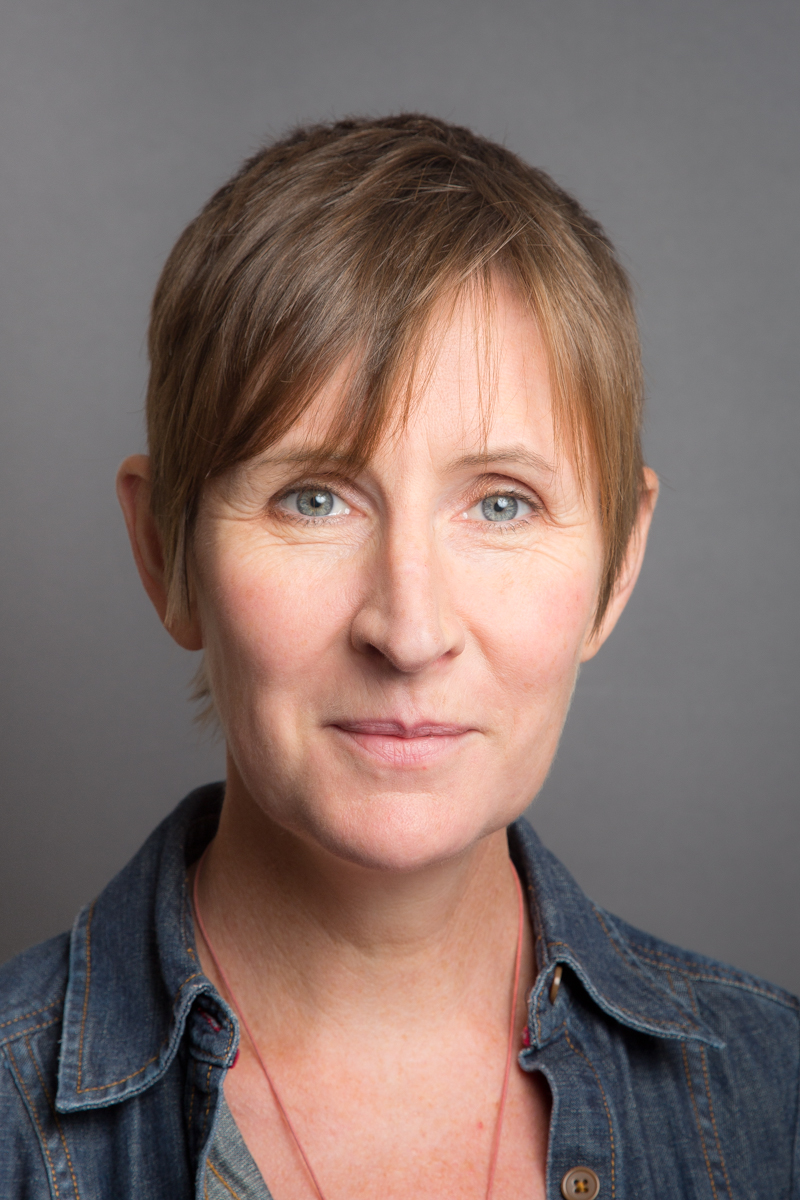Pharmacogenetics to Avoid Loss of Hearing (PALOH) trial UK [PALOH-UK]
What are we trying to do?
PALOH-UK is a large trial of a genetic test designed to quickly check whether babies have a specific genetic difference in their make-up. This genetic difference causes a single dose of the antibiotic gentamicin to lead to severe hearing loss or total deafness. Because gentamicin should be given to all babies within an hour of admission to a neonatal ward (often called the ‘golden hour’), knowing which babies have the genetic difference allows alternative antibiotics to be given.
The PALOH-UK study builds on a previous study which resulted in the National Institute for Health and Care Excellence (NICE) recommending the genedrive test for use in specialist neonatal units. The aim is to demonstrate how the test can be used to ensure babies quickly get a safe, effective antibiotic without affecting normal clinical practice, on a much larger scale.
Why is this important?
The innovative test was first piloted at Saint Mary’s Hospital and Liverpool Women’s Hospital in 2020 as part of the Pharmacogenetics to Avoid Loss of Hearing (PALOH) study. Following its success, the test was introduced into routine clinical practice at Saint Mary’s Hospital in 2022 and extended to all three maternity units at Manchester University NHS Foundation Trust in 2023: Saint Mary’s Hospital, Wythenshawe Hospital, and North Manchester General Hospital.
NICE conditionally recommended the genedrive test for use in the NHS last year and it has since been introduced into routine clinical practice at all eight Greater Manchester neonatal units, with funding from Health Innovation Manchester. So far, the test has prevented the hearing loss of 11 babies at MFT and across Greater Manchester, with 4,000 babies tested to October 2024.
As part of its recommendation, NICE identified areas requiring more information to find out whether the test should be recommended for use at all neonatal sites across the NHS. This includes how the test impacts the time it takes for a baby to be given antibiotics, how the results affect antibiotic prescribing decisions, and the technical performance and accuracy of the test.
While gentamicin is used to safely treat approximately 100,000 babies a year, one in 500 babies carry a gene change that can result in permanent hearing loss when given the drug. Using a cheek swab, the test can identify in 26 minutes whether a critically ill baby admitted to intensive care has the gene change. The test replaces a previous method that traditionally took several days and is the first use of a rapid genetic test in acute neonatal care.
How are we doing it?
This two-year trial involves 14 neonatal units across the UK, ranging from small Special Care Baby Units (SCBUs) to large Neonatal Intensive Care Units (NICUs). Around 5,500 babies have been recruited to the trial, with data collected at each point of the process that is being used to show the test’s effectiveness, as well as to develop best practice guidelines.
The overall aims of the trial are to:
• show that the test can be used easily and quickly to make sure babies are given a suitable antibiotic on admission
• to show that the test is accurate
• to find out more about how parents and healthcare professionals feel about the test, and whether it will save the NHS money.
As part of the PALOH-UK study, the ARC-GM research team is leading something called a qualitative sub-study (which is based on interviews and words, rather than numbers and statistics). This sub-study is exploring how acceptable the genetic test is to healthcare providers and parents.
In the sub-study, we are interviewing parents and carers about their experiences when their babies receive the test. Interviews with healthcare providers are being done to explore their views on the test’s impact on the system and how it fits into current work practices. We are also asking what makes introducing the genetic test into routine care easier or more difficult (these are called ‘barriers’ and ‘enablers’).
Findings
Findings are expected in summer 2026.
Who are we working with?
- Manchester University NHS Foundation Trust
- NHS England Network of Excellence (NoE) in Pharmacogenomics
- Genedrive: the developer of the genetic test
- 14 neonatal units in England, Scotland, Wales and Northern Ireland
- A Trial Steering Committee
- A Stakeholder and PPIE Group
Downloadable resources
Funding information
This study is funded by the NIHR208090 Invention for Innovation OLS Real World Evidence Programme and is led by Professor William Newman.
More information

Programme Manager
Gill Rizzello
gill.rizzello@manchester.ac.uk